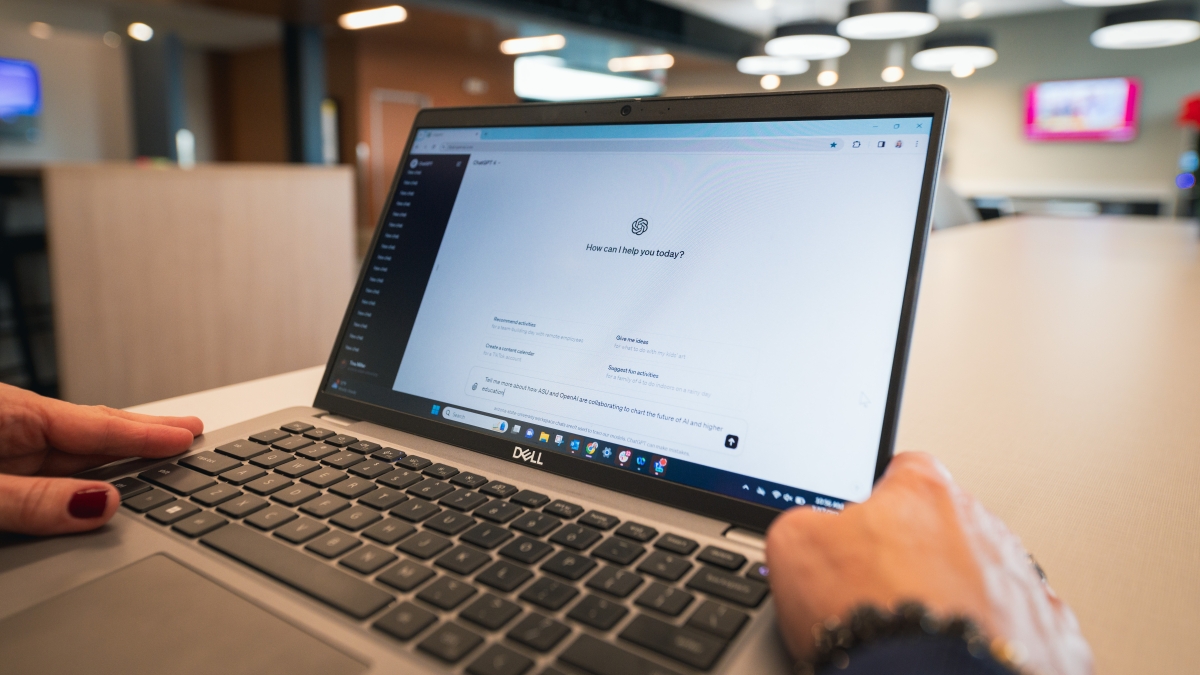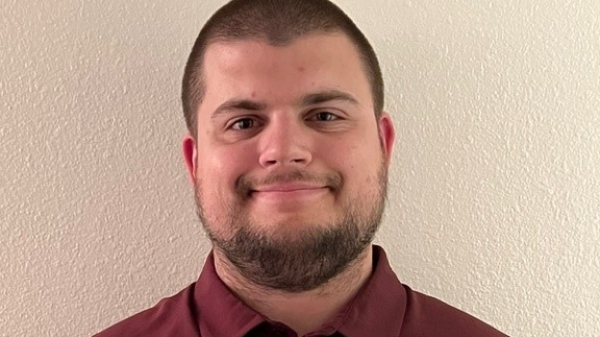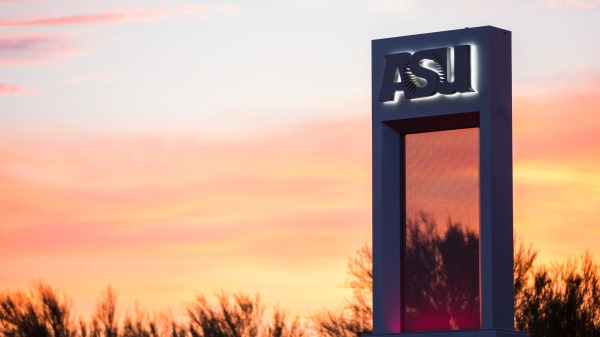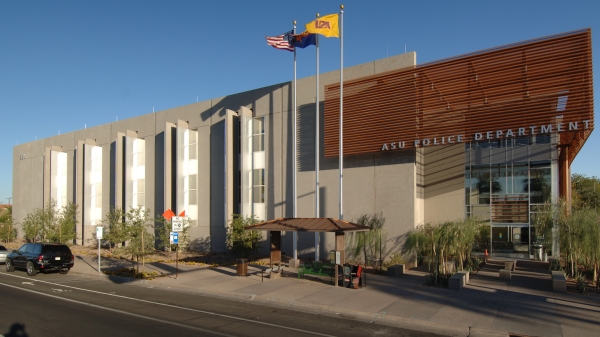A new collaboration with OpenAI charts the future of AI in higher education

Photo by Mike Sanchez/ASU Enterprise Technology
Repeatedly recognized as a leader in innovation, research and global impact, Arizona State University is continuing its mission to chart the future when it comes to artificial intelligence.
Today, the university announced it has become the first higher education institution to collaborate with OpenAI, the AI research and deployment company behind ChatGPT.
ChatGPT was unveiled to the public just over a year ago, and since that launch, organizations' adoption of generative AI tools has surged.
“Research shows that nearly two-thirds of organizations are already actively exploring the integration of AI,” said ASU Chief Information Officer Lev Gonick. “By providing access to advanced AI capabilities, these tools are leveling the playing field, allowing individuals and organizations — regardless of size or resources — to harness the power of AI for creative and innovative endeavors.”
The collaboration between ASU and OpenAI brings the advanced capabilities of ChatGPT Enterprise into higher education, setting a new precedent for how universities enhance learning, creativity and student outcomes.
“ASU recognizes that augmented and artificial intelligence systems are here to stay, and we are optimistic about their ability to become incredible tools that help students to learn, learn more quickly and understand subjects more thoroughly,” ASU President Michael M. Crow said. “Our collaboration with OpenAI reflects our philosophy and our commitment to participating directly to the responsible evolution of AI learning technologies.”
Starting in February, ASU will invite submissions from faculty and staff to implement the innovative uses of ChatGPT Enterprise. The three key areas of concentration include: enhancing student success, forging new avenues for innovative research and streamlining organizational processes.
“The goal is to leverage our knowledge core here at ASU to develop AI-driven projects aimed at revolutionizing educational techniques, aiding scholarly research and boosting administrative efficiency,” Gonick said.
The platform prioritizes user privacy, employing enterprise-grade security measures to safeguard user data. These measures are meticulously designed to protect against digital threats, providing a secure environment to utilize the platform's functionalities.
"Learning is core to why so many users love ChatGPT. ASU continues to lead in innovation by integrating ChatGPT into its educational programs,” OpenAI Chief Operating Officer Brad Lightcap said. “We’re keen to learn from ASU and to work towards expanding ChatGPT's impact in higher education.”
The collaboration builds on ASU’s commitment to exploring AI in all forms.
For example, ASU’s Knowledge Enterprise – which leads the university’s groundbreaking research activity – has 19 centers, initiatives and laboratories dedicated to exploring and activating AI models, resulting in over $340M in active awards.
Last year, the university announced the launch of AI Acceleration, a new team of technologists dedicated to creating the next generation of AI tools. The collaboration with OpenAI will empower new solutions being developed as part of this team’s efforts.
“If last year was considered to be generative AI’s breakout year, then 2024 will be a time for meaningful practice and exploration to leverage the true power of this technology,” Gonick said.
More University news

College of Health Solutions grad and veteran doing it all for his family
By Aidan Hansen Editor’s note: This story is part of a series of profiles of notable spring 2024 graduates. His wife and kids are his “why.” Arizona native and former Marine Sgt. Clayton Alexander…

ASU partners on first-of-its-kind $90M NSF research hub for transformational learning, education research
Access to better data leads to better research. When it comes to data about personalized learning, the more researchers know about students' learning behaviors, the more meaningful the research…

ASU Police Department honors outstanding service with annual awards
By Jason Weber, ASU Police Department The Arizona State University Police Department recognized department members for their distinguished service in supporting the campus community during a…